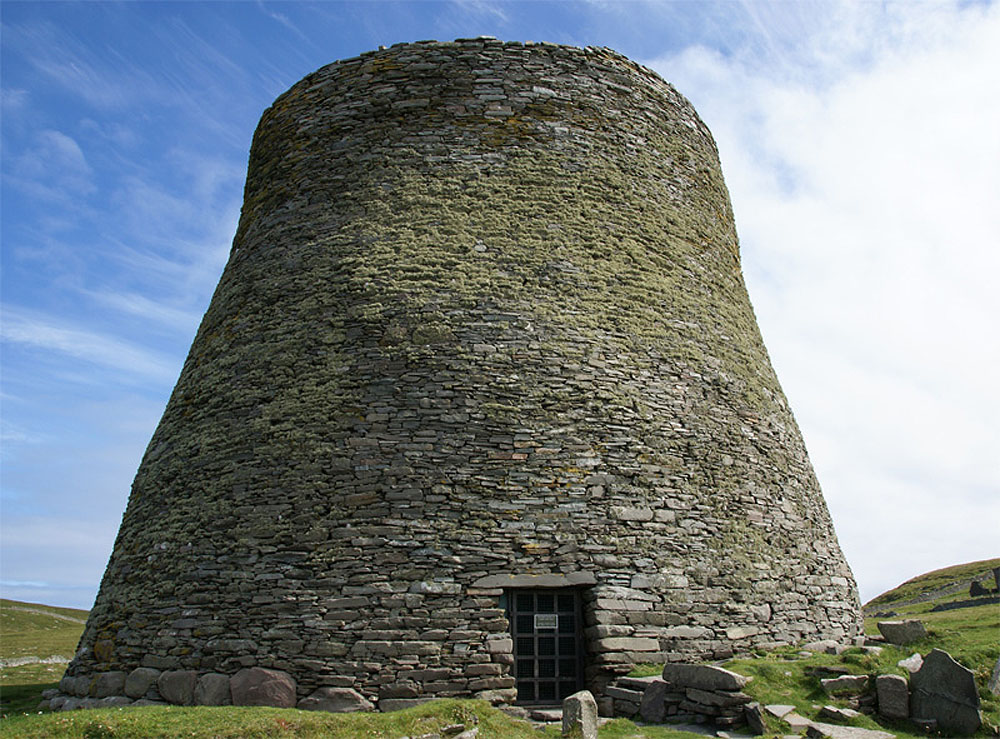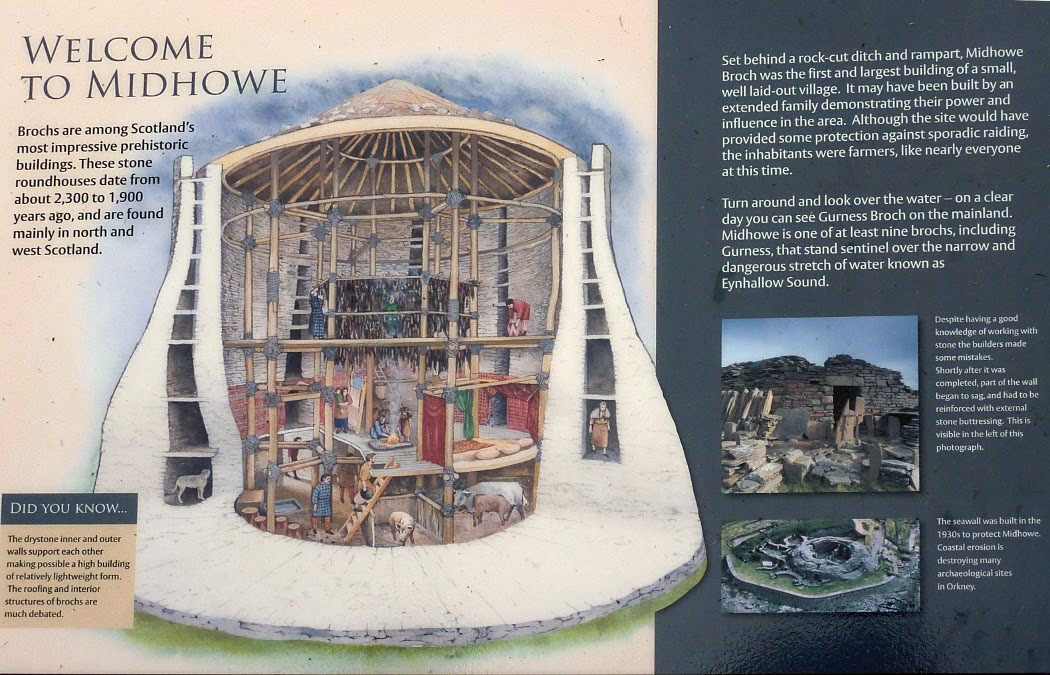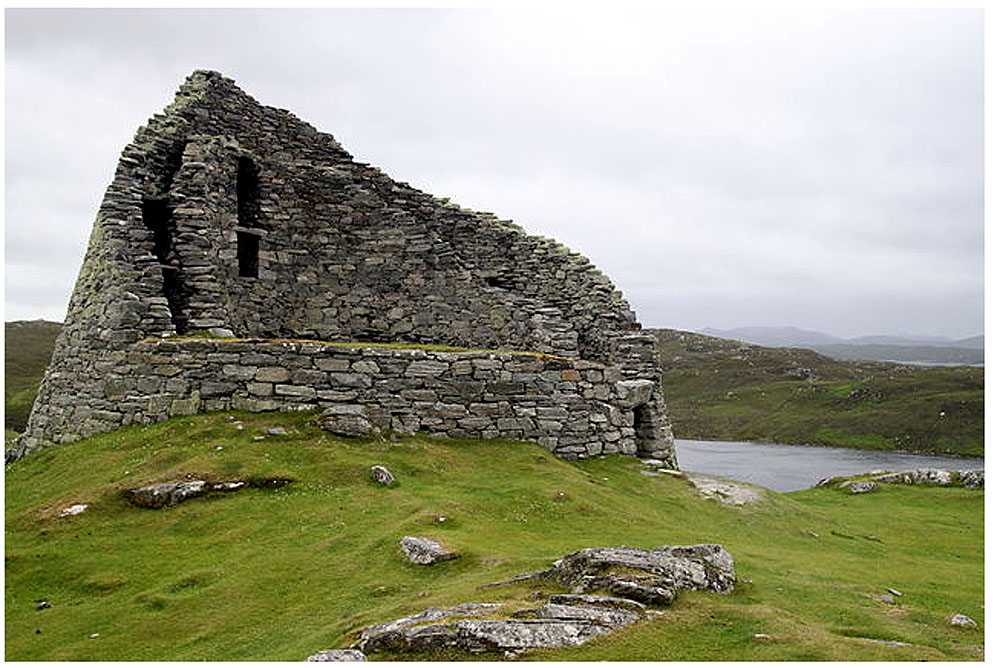I don’t want to drop any spoilers to the plot of the sequel to Fugue in Ursa Major (which is in progress and which I hope to have in print sometime next year). But Jake does set out on a rather dangerous journey of what I would call cultural recovery.
I have put countless hours of thinking and research into imagining what the world would be like if Christianity had never existed. The church, of course, automatically supposes that it has improved the world. I beg to differ. The church really was just Rome, entangled in the theology of what, except for accidents of history, would have been an obscure (and theologically ordinary, for its time) Middle Eastern cult. The church systematically drove all the magic out of the world. It saw nature and the rest of creation as just resources, with no other inherent rights or value, for humans to exploit. It used the nastier parts of its theology to wipe out time-tested bottom-up social structures (which worked) and replace them with top-down social controls (which exact a huge toll on the human psyche, because people aren’t aware of any other systems and thus don’t even know what’s wrong with their lives). I could go on and on.
Thus I am fascinated, as a storytelling proposition, with what might happen if you took a contemporary young man like Jake Janaway and set him down in the middle of a culture untouched by Christianity. I chose Scotland as a key setting, partly because I love and am somewhat familiar with the British Isles. It’s also the culture of Jake’s ancestors, as it is mine. The Scottish coast also is only a few days’ travel, by sea, from Gaul (France), and hence the Scottish elite are aware of, though at a safe distance from, the turmoil of Rome’s clash with the more pastoral cultures of North Atlantic Europe. Rome called them barbarians, not least because they wore trousers (which popes and some clerics still don’t wear). But I would argue that Rome was much more ruthless and violent than the barbarians.
I also would argue that, had Rome been less violent and less ruthless, Rome and the barbarians eventually would have come to terms. Even in the first and second centuries B.C., the barbarian tribes were turning away from raiding as the centerpiece of their economies and were happy to produce things of value and trade with Rome instead. The tribes wanted Rome’s wine and luxury goods. Rome wanted commodities like tin and copper — and slaves. Rome required a constant input of slaves by the tens of thousands to drive its economy. Calling them barbarians made it much easier to excuse slaughtering and enslaving them. Even in the 19th Century United States, the church split over slavery. The evangelicals of the Southern Baptist Church, a major supporter of today’s Republican Party, split again in the 1960s over Civil Rights. It is only one of many of the moral failures of Christianity and the Roman politics that tends to revolve around it.
Anyway, if you lived on the coast of Scotland in 48 B.C., and if you were very lucky, you just might live in a broch. The brochs were fortifications, certainly, intended to protect the occupants from raids. They marked status. They almost certainly were watch towers and beacons. The brochs were situated so that a beacon fire at the top of a broch could be seen from the next broch, which could relay the signal onward. A system of flags, I suspect, also was used.
Not a great deal is known about the interior of the brochs (the timbers long ago decomposed), and it’s hotly debated by archeologists. They might have been roofed — or not. There were no exterior windows, so I am skeptical of how wise it would be to roof the entire broch, since it would always be dark inside. If I built a broch, I’d roof it partly, to let in some light. The double stone walls were mortarless. Between the walls there were stone stairs, and, depending on the size of the broch, chambers. There were windows in the inner walls facing the enclosed courtyard.
Obviously Jake is going to spend some time in a broch in the sequel to Fugue in Ursa Major. There will be a thriving community around this broch. Jake will be able to learn quite a lot from them about what life was like for the Scottish Celts in 48 B.C. Much of this, of course, will of necessity be a project of imagination, but a great deal of it is based on a good two years of research and stacks of books that I don’t have any shelves for. Jake also will get swept up in what is going on in Gaul.




They’re quite beautiful buildings really. Funny I should read this today as someone just bought me a Newgrange spiral pendant. The Brochs came much later of course but I have such a draw to the pre-Christian past.
Isn’t it funny that you are discussing what might have been if the Catholic church had not taken over the British Isles just as the Irish people vote to allow gay people to be fully human beings?
What might have been, indeed.
Glad to see all the new and as-always interesting blog posts. Thank you.
DCS
Fascinating post. Always learn something when I visit your blog.